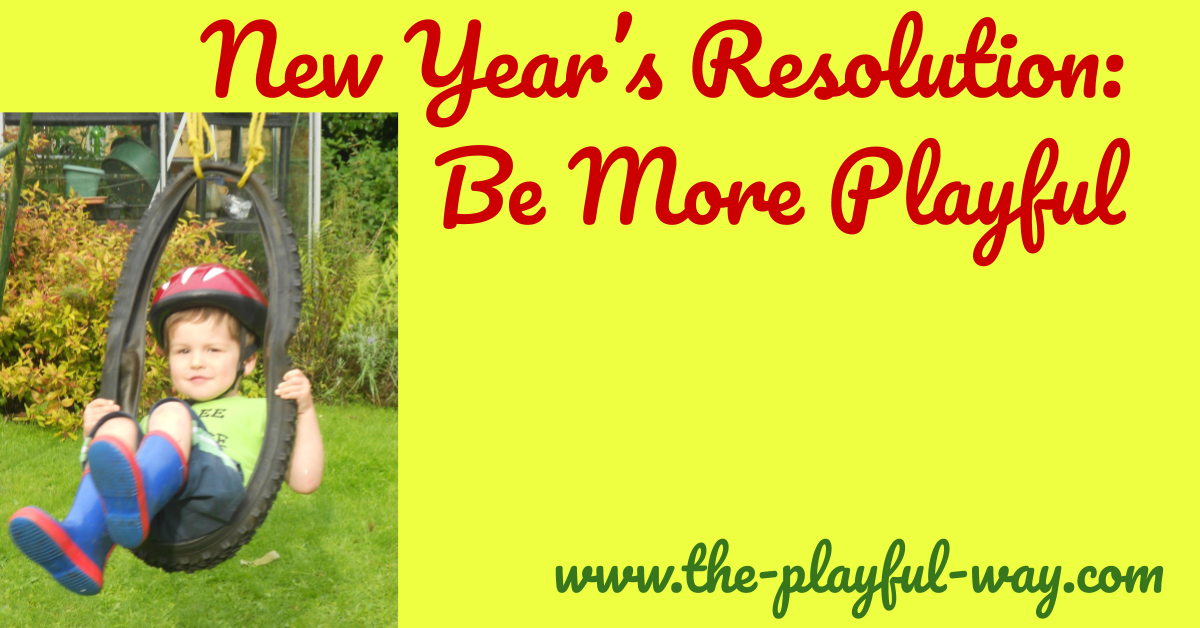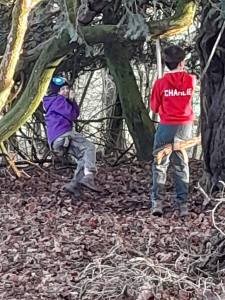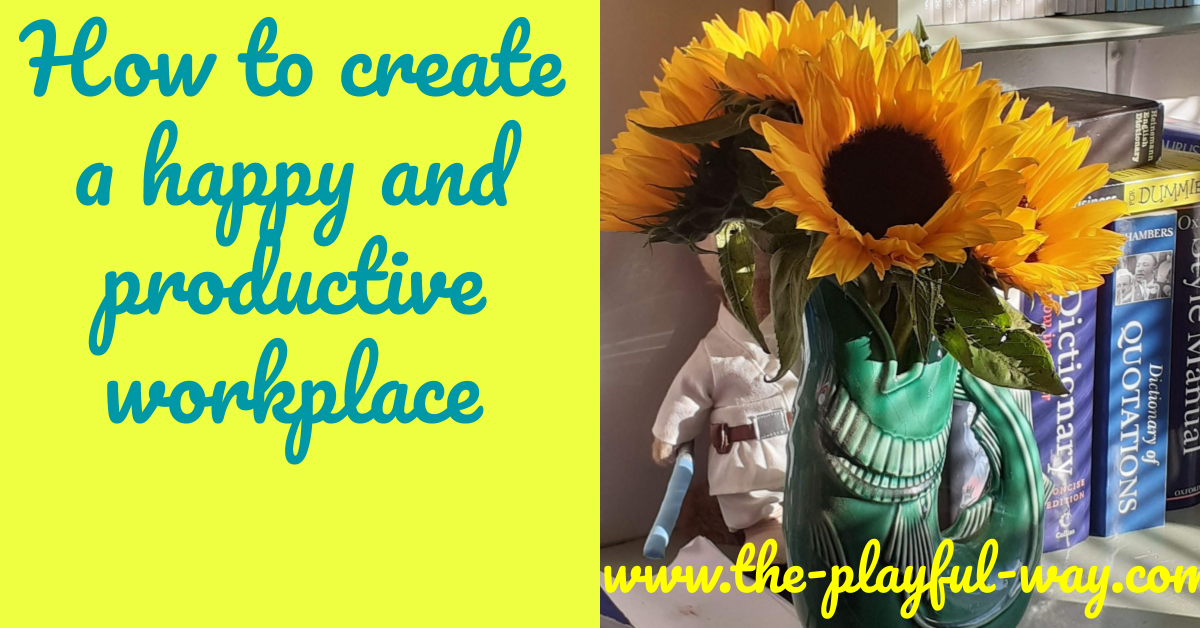

You may ask how, at this time, we can talk about playfulness.
I would argue that now is when we need playfulness more than ever.
Play in a time of trial
2020 has been a hard year and here in the UK it looks as though the beginning of 2021, with covid19 still rife, things are not going back to normal very quickly.
A glance at social media is enough to show just how much fear there is out there. People are worried for their livelihoods, worried for their health and their loved ones. Everybody is fed up of staying in and missing normal social interaction. There are grandparents who’ve never yet held grandchildren, and families who are worried they may not get to hug an elderly relative before it’s too late.
You may ask how, at this time, we can talk about playfulness.
I would argue that now is when we need playfulness more than ever.
How to be more playful in 2021
Playfulness is about finding the joy in the everyday. It’s about allowing creativity to flourish and its about making life more fun for everybody around you.
01
If it makes you smile – go for it!
If something makes you smile, embrace it. That pink metal flamingo that makes you smile every time you see it on the market stall? Buy it, put it in your garden. It will make you smile every time you look out the window. If you love that purple top or those rainbow knickers – wear them! As the Wiccans say “An it harm none, do what ye will.” Provided what makes you smile doesn’t cause any harm or problem to anybody – go for it! If you love chocolate, even if your other New Year resolution is to be healthy – buy a really high quality chocolate and have a little nibble. The happiness you get from it will more than compensate a few extra calories. Where possible – follow your whims!
02
Make contact with people
You can absolutely be playful on your own, but humans are social animals. Make plans that involve being playful with others, even if that involves video calls rather than face-to-face interaction. Set up an online Escape Room or online game or quiz that you can do together. Create a funny family video to send to family. Make plans for the family holiday, get-together or party that you will enjoy when Covid releases its grip on the world.
03
Work Playfully
Working looks very different for different people – housework, studying, voluntary work, factory work, outdoor work, office work, management, shop work – you name it, we do it. Let’s make our working lives more playful and enjoyable. Whether that’s by singing (think of sea shanties), by incorporating something light-hearted (we all know somebody who likes to wear a different silly hat to each Zoom meeting), by gamifying our work (rewards and “levels”) or by encouraging more creativity in the workplace. We can make our working lives both more productive and more pleasurable by injecting a little playfulness.
04
Be creative
Creativity is the key to playfulness and I don’t just mean crafting, writing poetry or painting. Creativity is the use of the imagination and fresh ideas. It can be applied to the dog walk or your daily jog – find a new route, listen to new music, allow yourself a little role-play (you’re a detective looking for clues!). If you’re writing something – rather than just doing it on the computer – can you print it out and draw your own border? We are all very quick to look for things on the internet, to download clipart – we seem to have forgotten the simple pleasure of drawing things ourselves! With cheap fashion, we forget the creative joy that comes with up-cycling or making it ourselves. Let’s make 2021 a more creative year! (On my other blog “Ink Spots and Grass Stains“, I’m going to be charting my creative efforts for 2021.)
05
Adventure
Most of us didn’t get many opportunities for adventures in 2020. There was a lot of staying at home to do. Adventure is naturally playful. It takes you out of the ordinary and unlocks your spirit of fun and creativity, problem solving and ingenuity. Adventures don’t have to be high-adrenaline activities (though they can be, and we can’t wait to go coasteering this year!), but can just be doing something different. In our family we revel in the “mini-adventure”. These usually involve Rosie the campervan, but aren’t necessarily camping trips. They usually involve going somewhere new. They may involve a walk or a bike-ride, they may involve a theme park or zoo, they may involve a picnic or a cafe. A mini-adventure could be a train trip to a nearby town, or a ride on a bus to “see where it goes”. Embrace the mini-adventure!
06
Play games
Games don’t have to involve plastic counters and dice. Playing games makes you feel good, it involves interacting with other people, it unlocks feel-good hormones and can improve brain power. Whether it’s a weekly game of scrabble, a word-game while you wait in line or an observation game with your children – try to get more games into your life. We’ll be adding lots of different games you can play on this site as the year goes by, so watch out for those.

Be more playful
So what will you be doing this year to be more playful?





